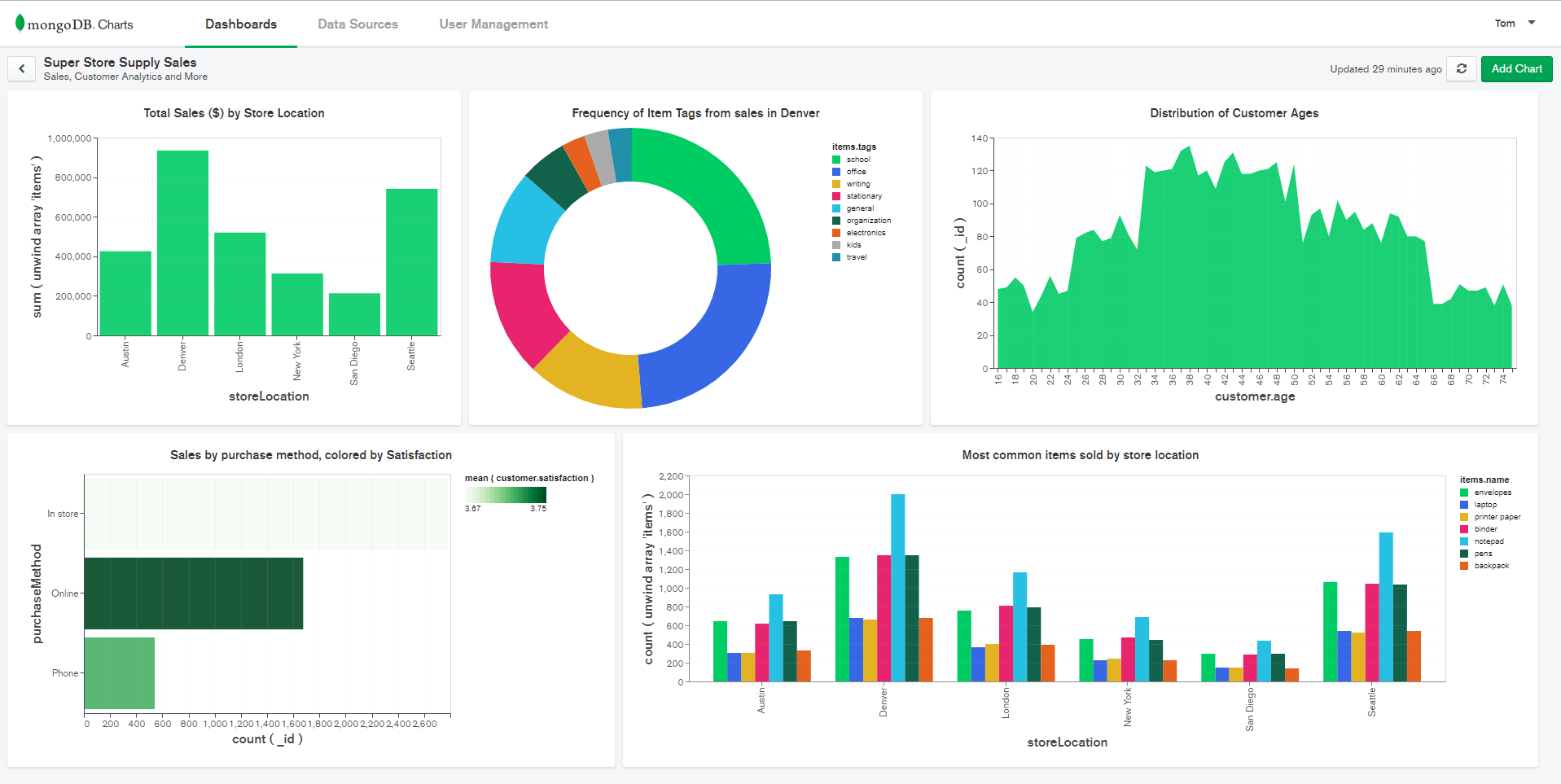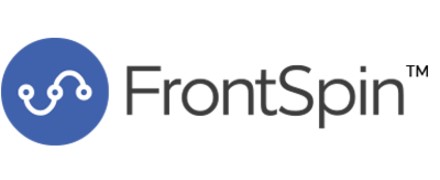MongoDB Review
 OUR SCORE 88%
OUR SCORE 88%
- What is MongoDB
- Product Quality Score
- Main Features
- List of Benefits
- Technical Specifications
- Available Integrations
- Customer Support
- Pricing Plans
- Other Popular Software Reviews
What is MongoDB?
MongoDB is a cloud-hosted, open-source I.T. management system that supports Windows, Linux and other web-based environments, ideal for businesses of any size. These include startups and Fortune 500 companies. A NoSQL database as a service, MongoDB can be accessed from any device and can be used in speeding up app development and roll-out. It utilizes a distributed database framework, allowing for horizontal scaling and geographical distribution. It consolidates and indexes data in real time an in sync across different platforms and systems, while its ad hoc query helps users analyze data in depth. Likewise, the data infrastructure can be configured with custom fields to match your needs. MongoDB is also scalable to current requirements, enabling businesses to manage cost while ensuring ready expansion any time. There is, in short, minimal capital outlay. The platform is free, distributed under General Public License terms.Product Quality Score
MongoDB features
Main features of MongoDB are:
- Enterprise management
- Third-party integrations
- Always on global deployments
- Strong consistency
- Declarative data access control
- Existing application data
- Service pipelines
- REST-like API
- High scalability and performance
MongoDB Benefits

The main benefits of MongoDB are it’s cost-effective to utilize, it’s flexible, and it has robust developer tools. Read below for more information on MongoDB benefits:
Cost-effective to utilize
MongoDB is built on an open source infrastructure. It can be deployed under GNU terms, allowing you to configure it at less cost compared to building your own I.T. management system.
Flexible
It is adaptive to different scenarios, like managing various devices in using systems and hardware. Likewise, it scales to the company’s current requirements, covering both the basic needs of a small business and the complex setup expected of a Fortune 500 company. In between, it scales to a business’ growing needs. Therefore, it suits an iterative approach and designed to help tech teams avoid technical obstacles for faster product development and rollout. MongoDB also works seamlessly with various data models and schemas.
Robust developer’s tools
MongoDB features powerful tools to help developers institute an iterative approach smoothly and with transparency. It features command line tools and idiomatic drivers, among others, to fast-track app development. Likewise, it provides auto-management for on-going delivery and integration throughout the product development cycle. Developers can easily aggregate data built on various structures, too, by storing data in bendable JSON-like files. This approach makes it smooth to utilize data without compromising governance and control across processes.
Technical Specifications
Devices Supported
- Web-based
- iOS
- Android
- Desktop
Customer types
- Small business
- Medium business
- Enterprise
Support Types
- Phone
- Online
MongoDB Integrations
The following MongoDB integrations are currently offered by the vendor:
- Datadog
- Amazon Web services
- GigaSpace
- Hadoop
Video
Customer Support
Pricing Plans
MongoDB pricing is available in the following plans:





